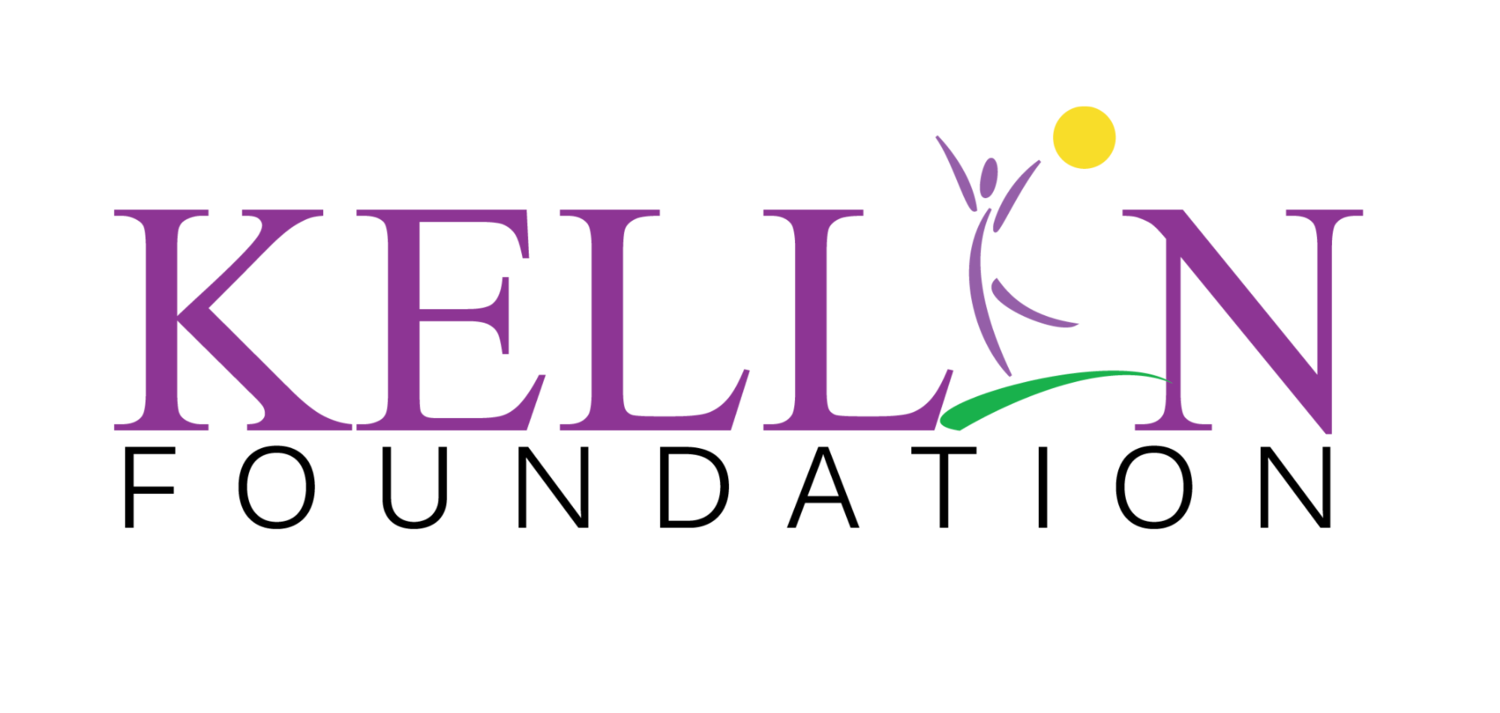Kellin Foundation Empowering Youth Through Peer Support
An individual peer support session with a youth peer support specialist can bring about meaningful improvements in an adolescent’s life, offering a unique and valuable form of assistance. During these sessions, teens experience a safe and supportive environment where they can express their thoughts and emotions freely. The peer support specialist provides emotional validation, helping teens understand that their feelings are valid and that they are not alone in facing challenges. This empathetic and understanding connection fosters trust, encouraging young individuals to open up more easily.
Navigating the challenges of adolescence can be a daunting task, as young individuals often encounter mental health or substance use challenges that require understanding and empathy. The Kellin Foundation has been making an impact with youth through its innovative Teens Gotta Talk after school group peer support program, and now has immediate openings for individual peer support appointments for youth ages 13 and up. Peer support can really make a positive difference in the life of a child!
The significance of individual youth peer support cannot be overstated. Peer support is not a replacement for therapy, but sessions with a peer support specialist can be a great addition to therapy and is beneficial on its own as well. A peer support specialist is someone who has experienced a mental health or substance use disorder and who has overcome challenges to lead a life of well-being.
An individual peer support session with a youth peer support specialist can bring about meaningful improvements in an adolescent’s life, offering a unique and valuable form of assistance. During these sessions, teens experience a safe and supportive environment where they can express their thoughts and emotions freely. The peer support specialist provides emotional validation, helping teens understand that their feelings are valid and that they are not alone in facing challenges. This empathetic and understanding connection fosters trust, encouraging young individuals to open up more easily.
Through the support of the peer specialist, adolescents gain access to practical coping strategies and tools through the sharing of mutual experiences. These techniques empower them to develop healthier ways of managing stress, anxiety, or other emotional difficulties. Additionally, the peer support specialist serves as a positive role model, inspiring teens to foster well-being and work towards their goals.
Peer support sessions also promote increased self-awareness as an individual gains insights into their own thoughts and behaviors. Understanding themselves better helps them make informed decisions and develop a stronger sense of identity. Together with the peer support specialist, youth can set realistic and achievable goals, related to mental health, personal growth, or other aspects of life. Regularly reviewing and celebrating progress enhances motivation and sense of accomplishment.
Engaging in peer support sessions can be a stress-relieving experience. Venting and discussing concerns with a caring specialist can alleviate emotional burdens and help youth feel lighter and more at ease. Furthermore, these sessions foster improved communication skills, as individuals learn effective ways to express themselves and engage with others.
The benefits of individual peer support go beyond the immediate session. The supportive relationship established with the peer support specialist can lead to ongoing support over time. Youth may feel comfortable seeking help or guidance from the specialist, providing a lasting source of support.
Peer support sessions with a peer support specialist offer adolescents a transformative experience. By providing a nurturing and understanding environment, along with valuable tools and strategies, these sessions empower youth to face challenges with greater resilience and develop into emotionally and mentally healthy individuals. The support and guidance received during these sessions can lay the foundation for a brighter and more fulfilling future.
Youth peer support is a vital component of promoting mental health and well-being among young people. The Kellin Foundation's youth peer support program provides them with the tools to cope with life's challenges and offers a safe haven for open discussions about mental health.
If you know a teen who could benefit from Kellin Foundation’s peer support program email us or call 336-429-5600 to set up an appointment to provide them with the tools they need to embark on a journey of emotional well-being and resilience.

